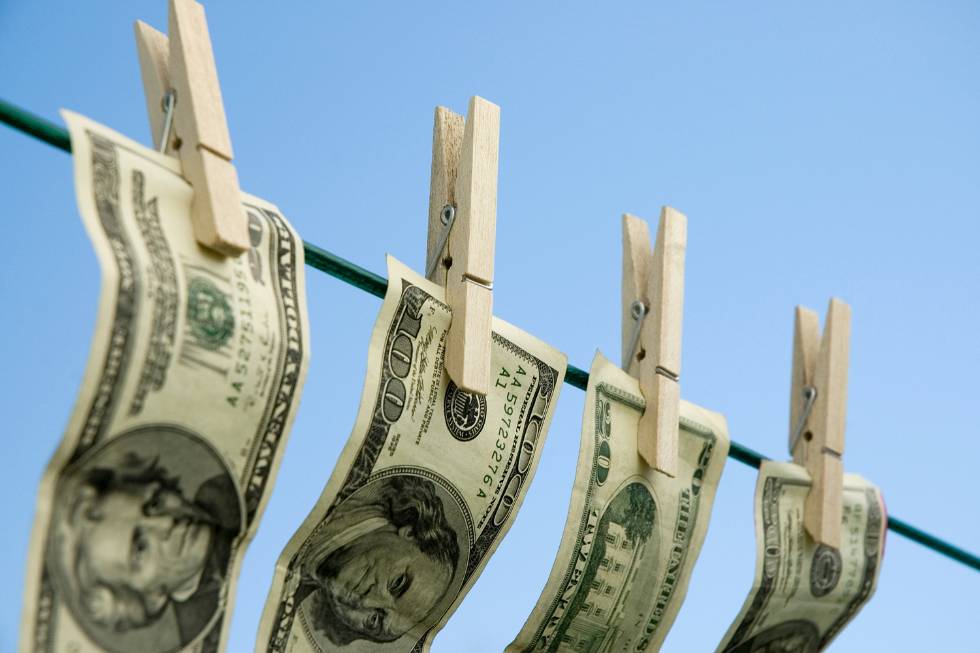And we aren’t talking about when you accidentally leave a ten-spot in your jeans. Maybe that question sounds ridiculous to you, but what if we told you that a simple oversight is costing an acquaintance of ours close to $150,000? That is a lot of money, and we want you to know the simple steps to take to avoid this kind of mistake.
What is Money Laundering?
When money is obtained illegally, we often refer to it as “dirty money.” Those engaging in illegal financial activities need to conceal the origins of their dirty money. The term money laundering refers to the attempt to make the origins of that money appear to be legitimate, and the “dirty money” gets cleaned or “laundered.”
How Could Someone Launder Money by Accident?
The example we are going to discuss today applies to business owners, but this is also good information for anyone. The more awareness the general public has of potential scams, the less effective they become. Here is the example:
Say you own a business that sells large construction machines. A customer comes and pays a $150,000 deposit for some equipment they want to purchase for their business. The deposit is paid by check from a business account. In a few weeks, the customer calls up and apologizes because he needs to cancel his order. He tells you he had a bad run of luck last quarter, and asks if there is any way you can refund the deposit.
You agree to refund the money and transfer the customer to your accounts payable, who cuts a check to him for the full $150,000. Your business just cut that check to an individual, however the original payment came from a business. That individual can deposit that money into a personal bank account, and your business made it look like a legitimate transaction, which helped him to steal that money.
Additionally, if that deposit had been paid in cash, and the refund was requested to be processed as a check, there is a chance that the cash was dirty money and your business just accidentally cleaned it.
Other Money Laundering Tactics
There are many ways that money can be cleaned, such as cash-based money laundering, where someone with a car wash (or other cash-heavy business) can slip illegal money into their cash deposit. Real estate money laundering is where property is purchased in cash with dirty money. Smurfing is when large amounts of dirty money are split into smaller transactions to avoid detection.
As a business owner or individual, knowing about these illegal tactics is a great way to protect yourself and loved ones from unintentionally aiding scammers and criminals. If someone ever asks you to deposit their cash, buy gift cards, or purchase real estate with literal cash, there may be something else going on. Even if you are not charged civilly or criminally for accidentally helping launder the money, you may someday be required to pay that money back, even though you did nothing illegal to acquire it.
Policies to Protect You from this Scam
There will be no end to the topics we can cover that involve breaking the law because people are so creative. While we cannot give legal advice in this blog, we can recommend that you speak to a trusted legal advisor concerning your business payment and refund policies. The way you run your business is a big deal.
In a business transaction, the party paying the money should always have the same name written in the contract. Refunds should always be returned using the exact payment methods originally utilized. Protect yourself and your business by ensuring that your business has strict refund and payment policies in place that ensure others cannot take advantage of you.
To listen to our full podcast about inadvertent money laundering, click here.

